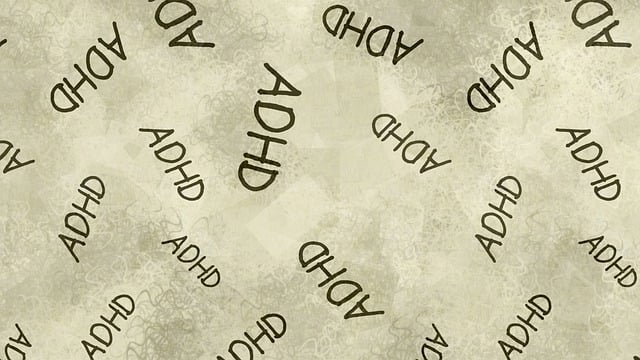Risk assessment is paramount in Longmont Child Abuse Therapy to safeguard clients and professionals from potential harm. By evaluating client histories, presentations, and environmental factors, therapists can prevent trauma re-enactment and self-harm. Effective strategies include burnout prevention, mental wellness journaling, stress management workshops, self-care practices, debriefings, supervision, and peer support networks. Integrating these measures fosters a resilient work environment, enhances client care, and mitigates risks specific to the sensitive nature of Longmont Child Abuse Therapy practices.
In the critical field of mental health practice, particularly within Longmont Child Abuse Therapy, risk assessment is an indispensable tool. This article delves into the intricacies of risk assessment in mental health, exploring key risks and challenges faced by therapists specializing in child abuse cases. We provide strategic insights for effective risk management and mitigation, equipping professionals with essential tools to ensure safe and impactful therapy sessions in this sensitive domain.
- Understanding Risk Assessment in Mental Health Practice
- Key Risks and Challenges Faced by Longmont Child Abuse Therapists
- Strategies for Effective Risk Management and Mitigation
Understanding Risk Assessment in Mental Health Practice

Risk assessment is a cornerstone of mental health practice, crucial for identifying potential hazards and implementing proactive measures to safeguard both clients and professionals. For instance, in Longmont Child Abuse Therapy settings, assessing risks like trauma re-enactment or self-harm requires a nuanced understanding of individual client histories and current presentations. This involves meticulously evaluating factors such as past traumatic experiences, current coping mechanisms, and environmental stressors.
By integrating Burnout Prevention Strategies for Healthcare Providers, Mental Wellness Journaling Exercise Guidance, and Stress Management Workshops Organization into their practices, mental health professionals can mitigate risks effectively. Regular reflection through journaling allows professionals to process emotionally demanding cases and track personal stress levels. Similarly, workshops focused on stress management equip therapists with tools to enhance resilience and prevent burnout, ultimately fostering a healthier work environment that supports both professional and client well-being.
Key Risks and Challenges Faced by Longmont Child Abuse Therapists

Longmont Child Abuse Therapists navigate a unique set of challenges due to the sensitive and demanding nature of their work. Beyond the emotional toll of addressing trauma, these professionals often face heavy caseloads, limited resources, and high expectations from both clients and colleagues. This combination can lead to significant stress, burnout, and compassion fatigue—risks exacerbated by the deeply personal nature of Longmont Child Abuse Therapy.
Implementing effective self-care practices and burnout prevention strategies for healthcare providers is paramount. Building resilience through regular debriefings, supervision, and access to peer support networks is essential. Fostering a culture that prioritizes mental well-being and encourages open discussions around stress management can help Longmont Child Abuse Therapists maintain their confidence, avoid professional depletion, and ultimately provide the best care possible to their clients.
Strategies for Effective Risk Management and Mitigation

In the field of mental health, risk assessment is an indispensable tool for ensuring client safety and maintaining ethical practice standards. For professionals like those at Longmont Child Abuse Therapy, implementing robust strategies for effective risk management and mitigation is paramount. This involves a multifaceted approach that begins with comprehensive risk assessments tailored to each client’s unique needs and circumstances. By integrating data from various sources, including historical records, clinical observations, and self-reported information, therapists can identify potential risks and develop proactive interventions.
Moreover, fostering robust mood management techniques among clients is another critical aspect of risk mitigation. Through evidence-based practices, such as cognitive behavioral therapy (CBT) and mindfulness exercises, mental wellness podcast series production can equip individuals with tools to regulate their emotions and cope with distressing situations. Enhancing empathy building strategies within therapeutic settings further strengthens this process by fostering deeper connections between clients and therapists, thereby promoting open communication and early identification of escalating risks.
Mental health professionals, especially those specializing in Longmont Child Abuse Therapy, must continually assess risks to ensure a safe and effective practice. By understanding key risks, implementing robust strategies for risk management, and staying vigilant, therapists can create a secure environment for both themselves and their clients. This proactive approach not only protects individuals but also strengthens the overall effectiveness of mental health services in Longmont Child Abuse Therapy settings.














